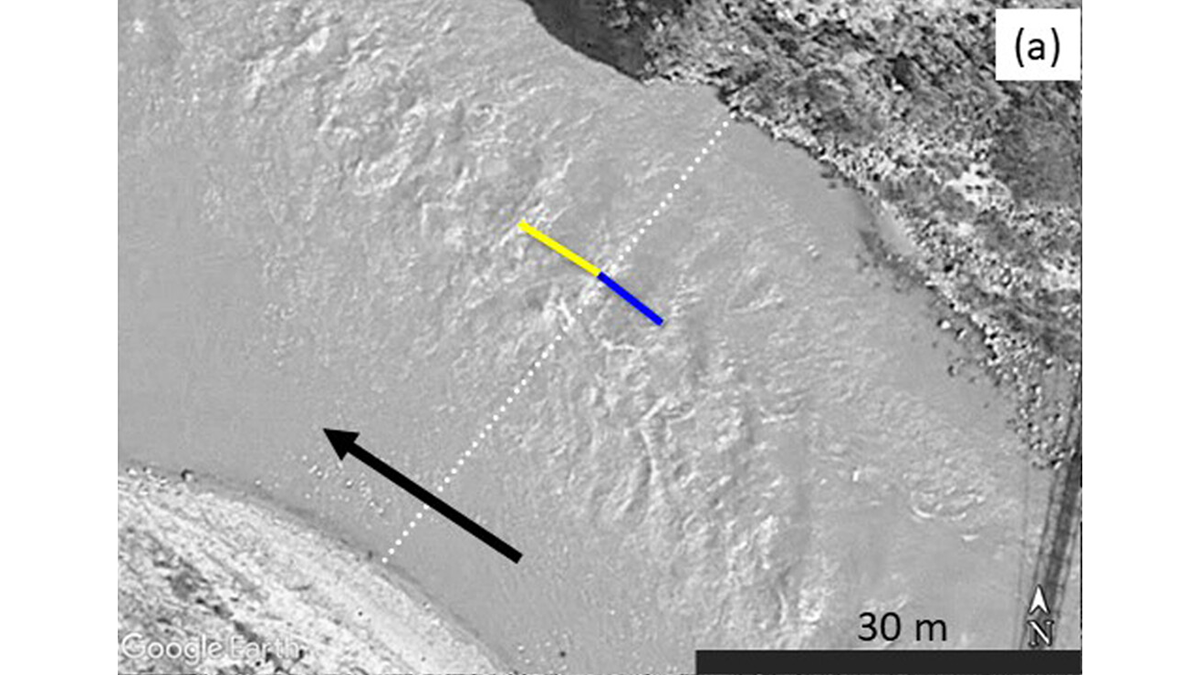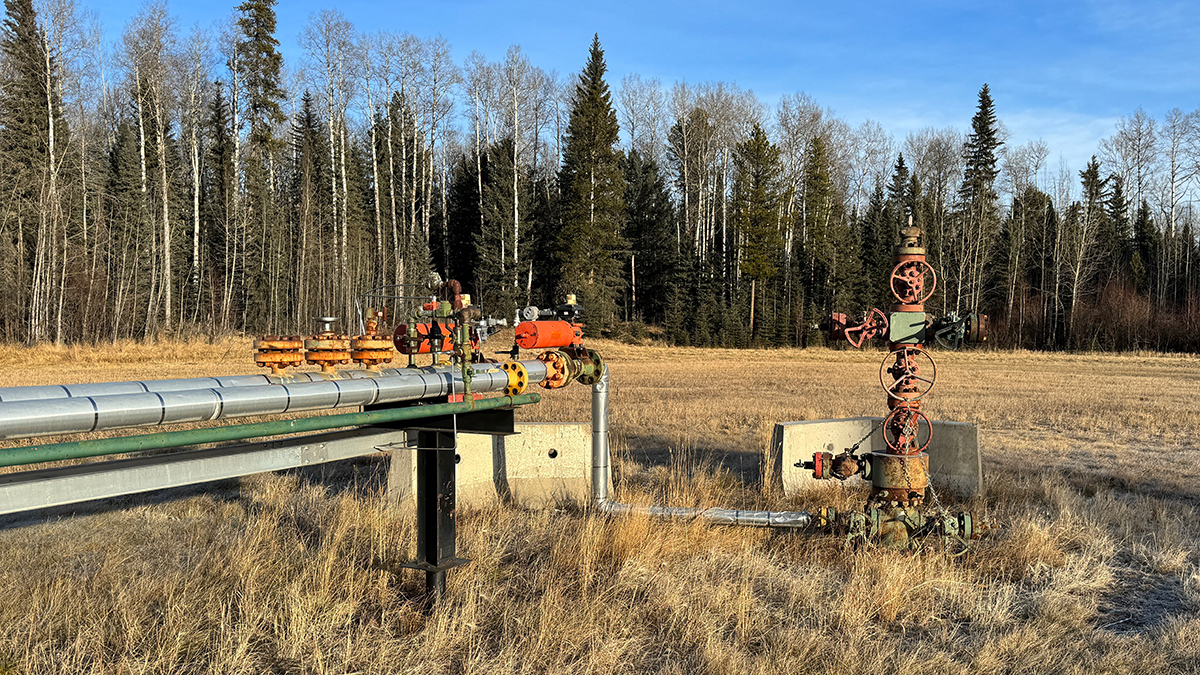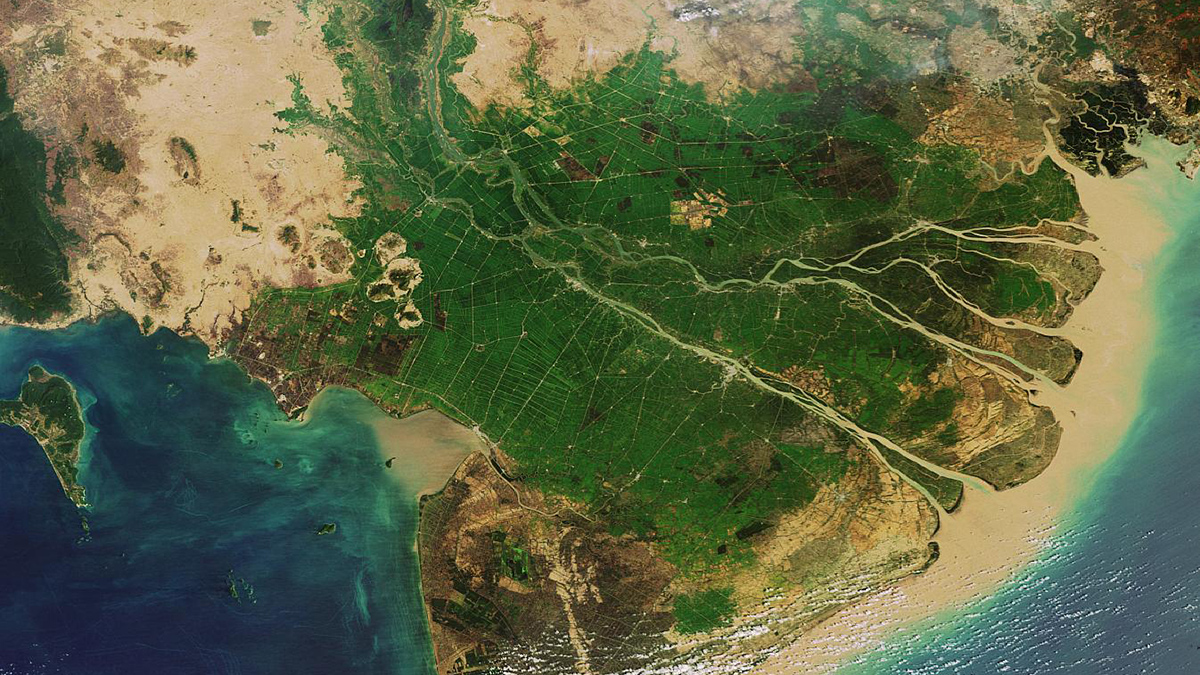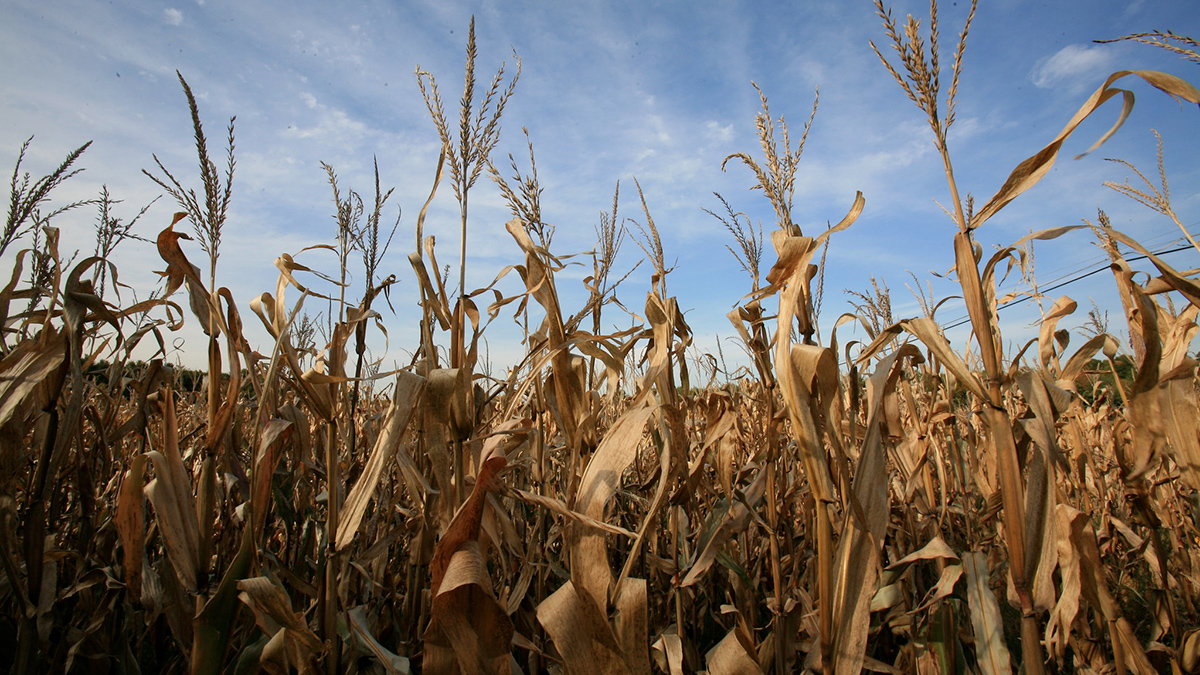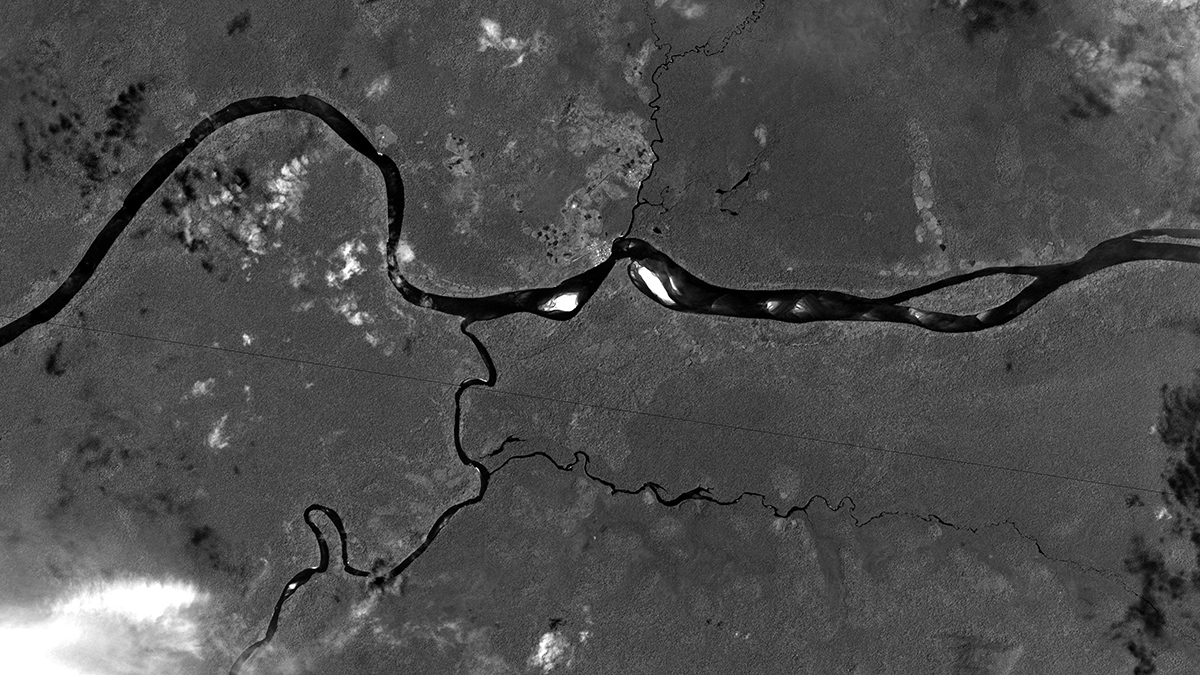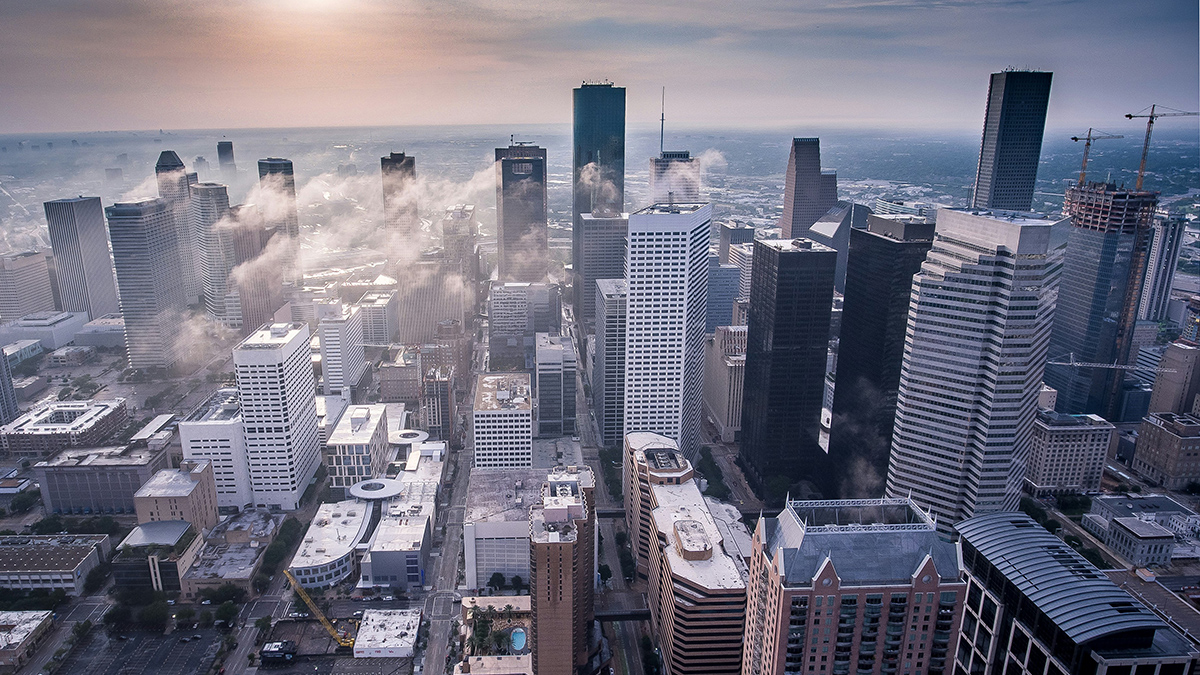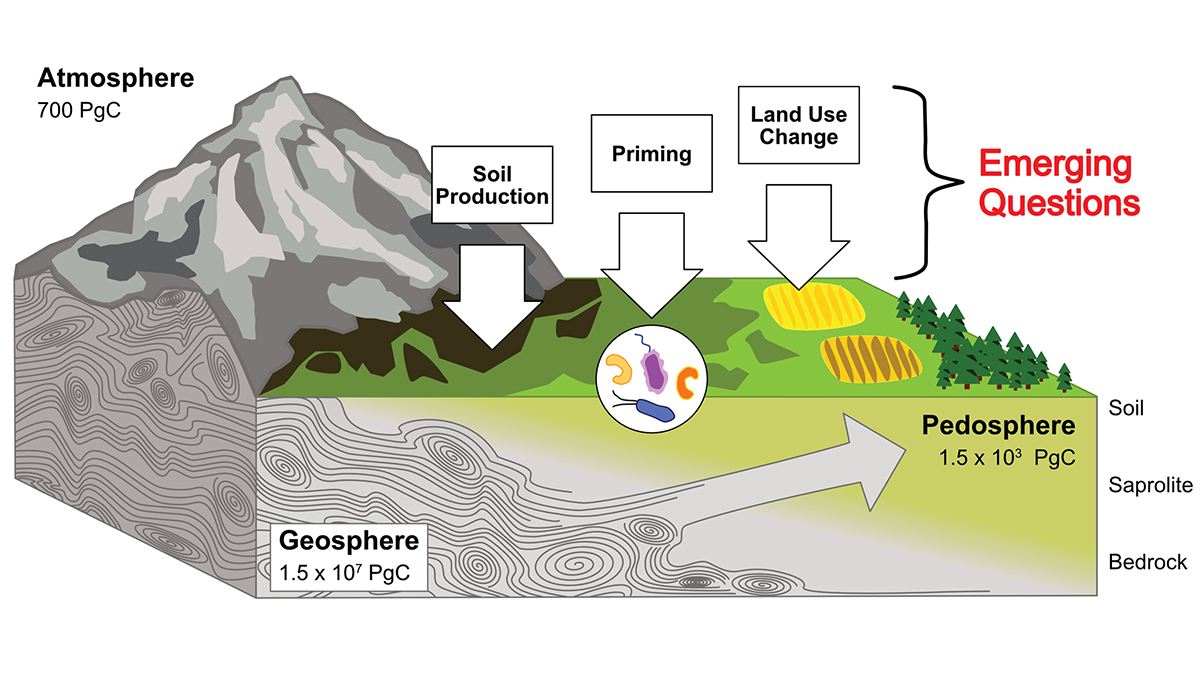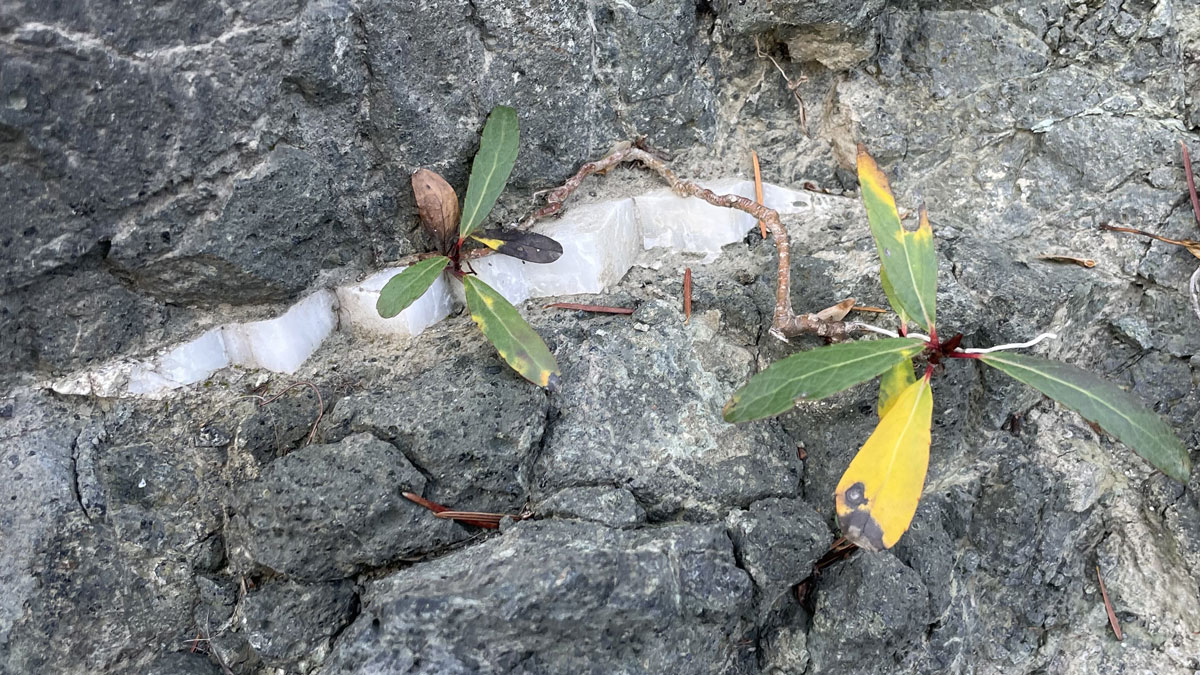Critical flow theory can predict river discharge based on the spacing of standing waves captured by Google Earth images.
Earth science
Scientists Map Where Orphan Wells Pose Threats to Aquifers
A new study from the U.S. Geological Survey finds that groundwater in Appalachia, the Gulf Coast, and California is susceptible to contamination from orphaned oil and gas wells.
New Global River Map Is the First to Include River Bifurcations and Canals
GRIT provides a much more detailed look at how rivers merge and split, which could enhance hydrological modeling, flood forecasting, and water management efforts.
Can Desalination Quench Agriculture’s Thirst?
Miles away from the ocean, projects are afoot to clean up salty groundwater and use it to grow crops. Some say it’s a costly pipe dream, others say it’s part of the future.
Beyond Up and Down: How Arctic Ponds Stir Sideways
Contrary to common assumptions, Arctic ponds mix in more than one direction. A new study finds that nighttime sideways flows, not vertical mixing, renew bottom waters.
33.8 Million People in the United States Live on Sinking Land
The most populated cities in the country are slowly subsiding, posing risks to infrastructure and exacerbating flooding—and not just on the coasts.
Los incendios forestales amenazan los suelos volcánicos de los Andes peruanos
Los frágiles ecosistemas de las tierras altas mostraron baja resiliencia a los incendios, lo que los hace más vulnerables a la degradación a largo plazo.
Rock Organic Carbon in Soils: Recycled or Just Passing Through
It’s often assumed that all soil organic carbon ultimately derives from recent vegetation, but researchers argue that carbon inherited from parent rocks can be important and deserves more focus.
Real Climate Solutions Are Beneath Us
It’s time to accept that durable subsurface carbon storage, along with emissions reductions, must be part of the plan to mitigate the effects of climate change—and geoscience must play a central role.

